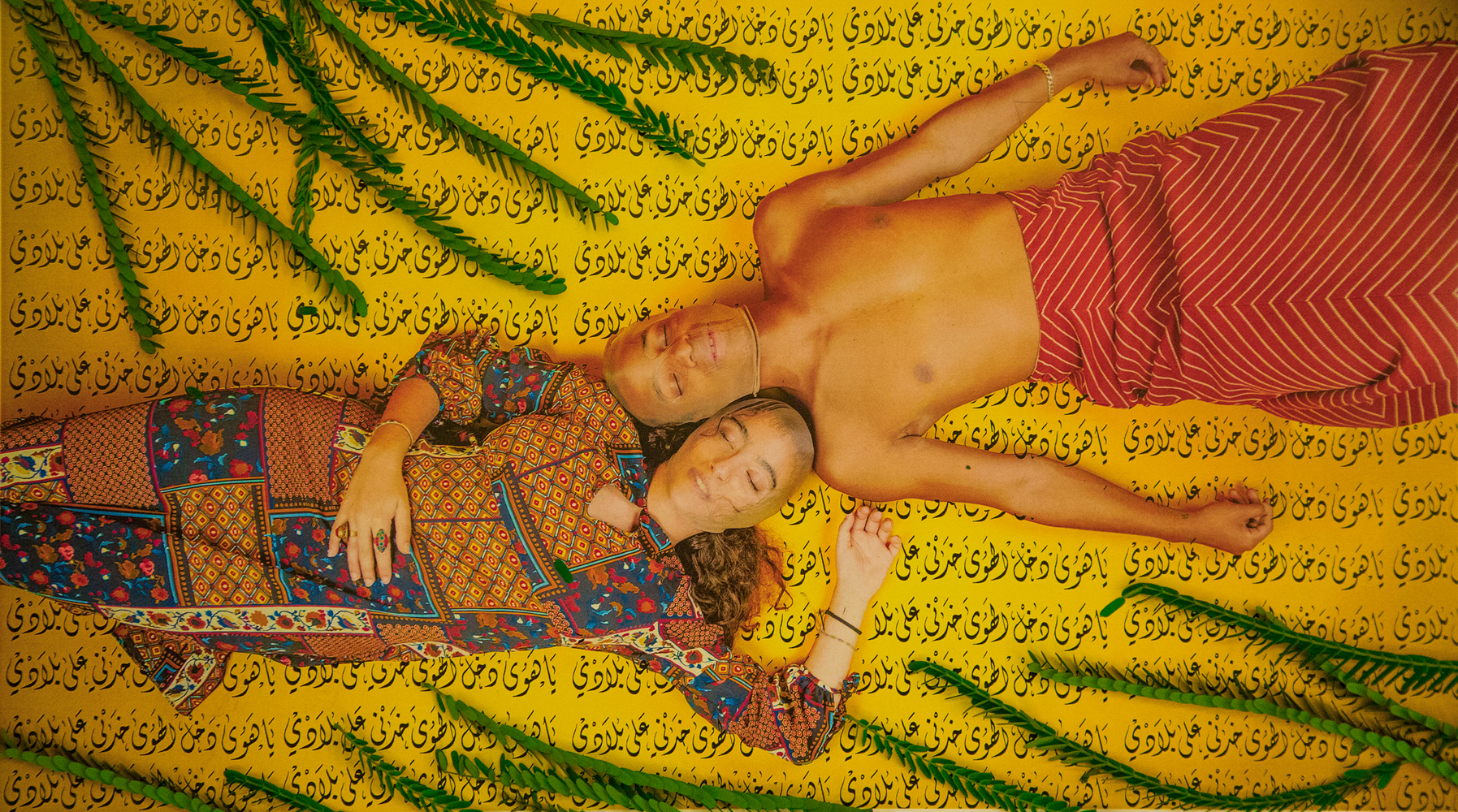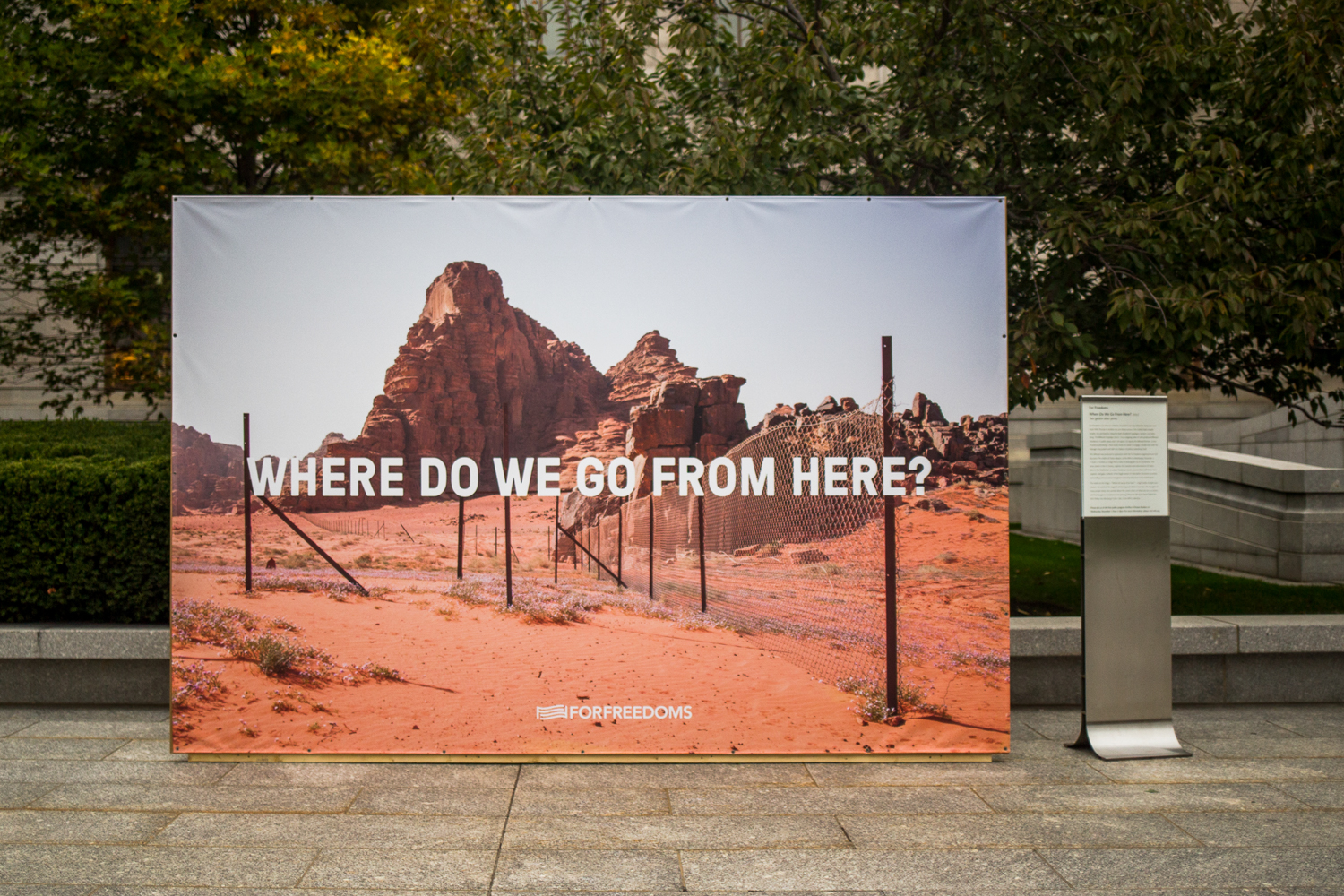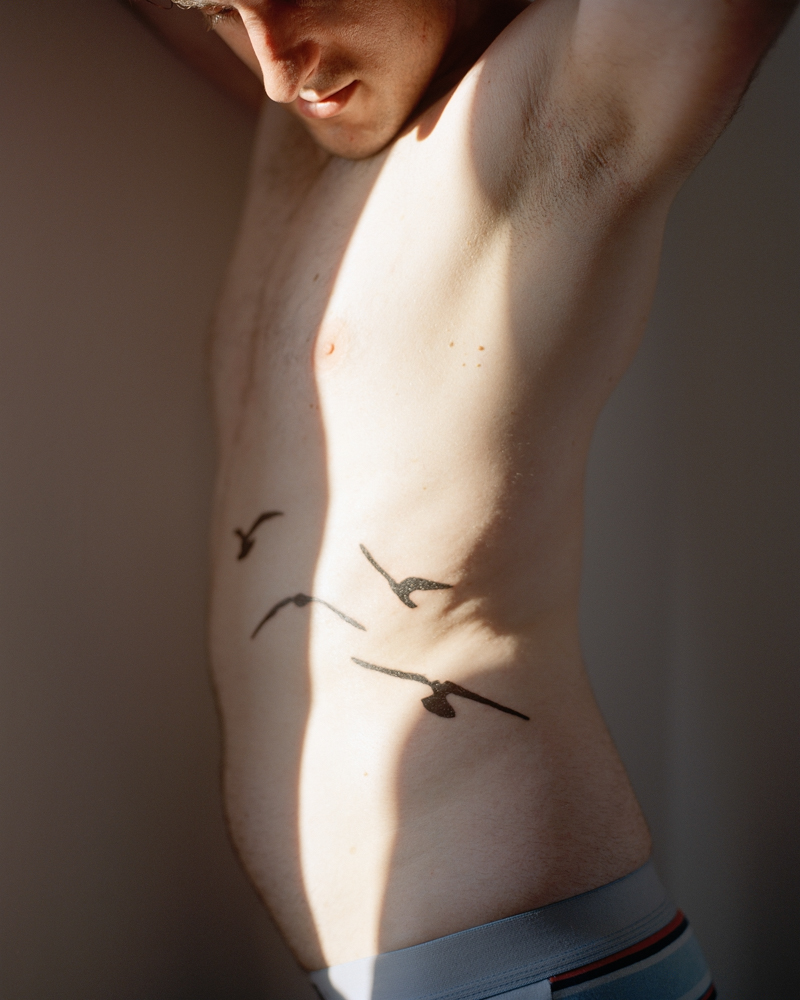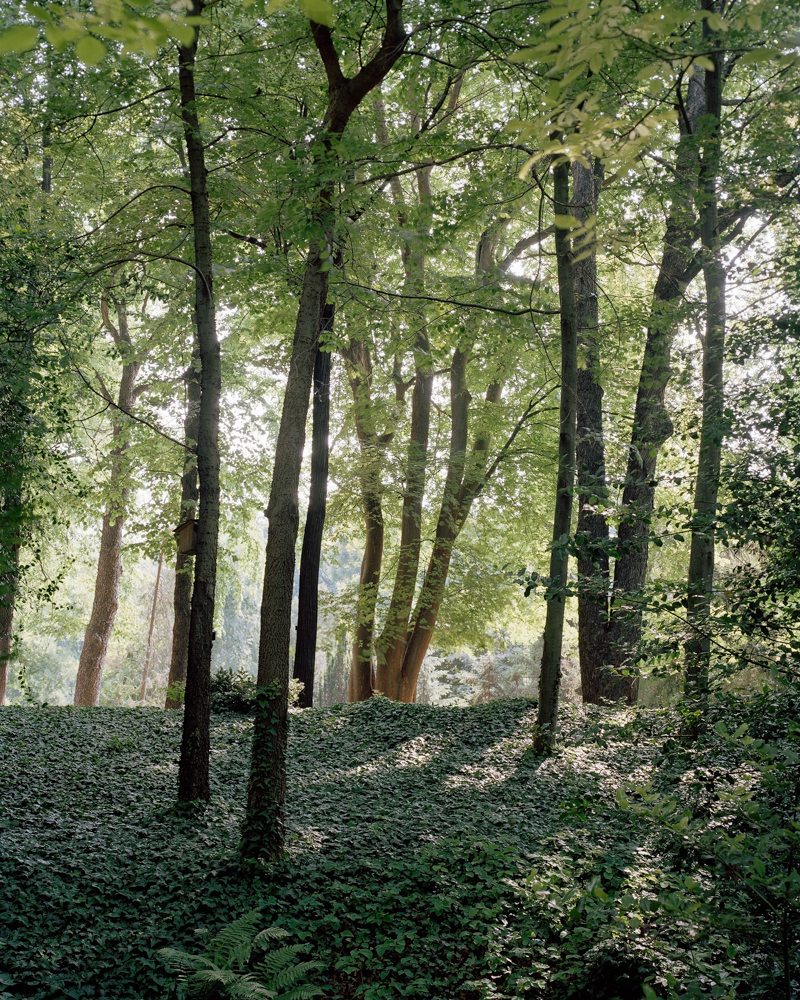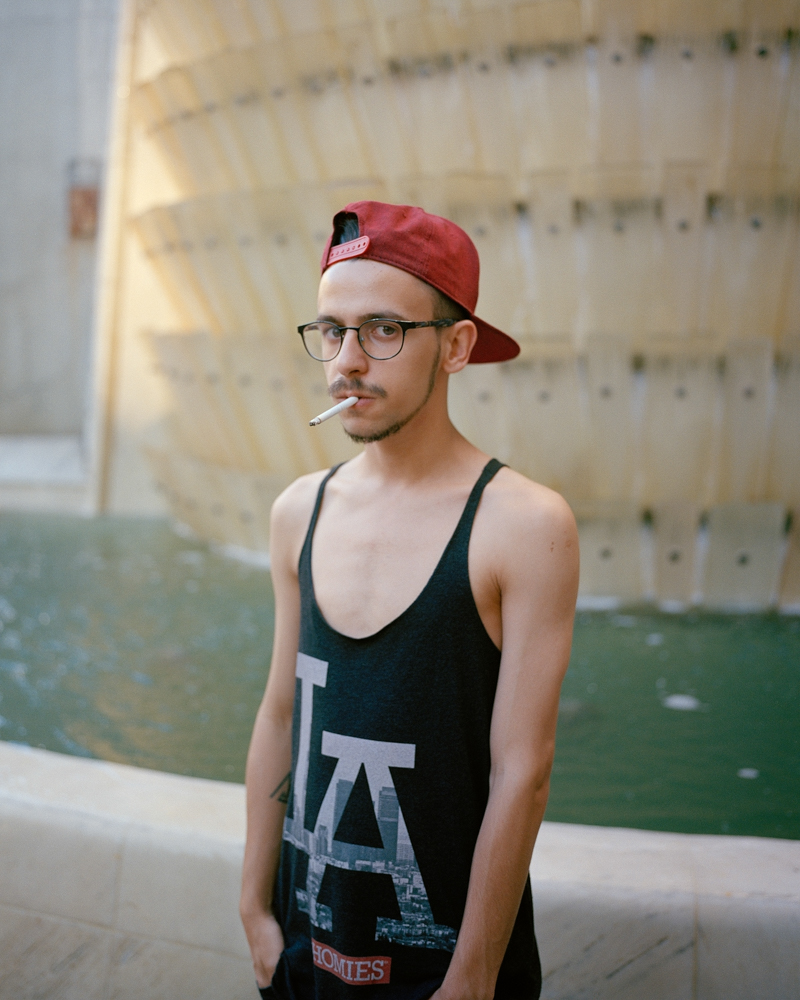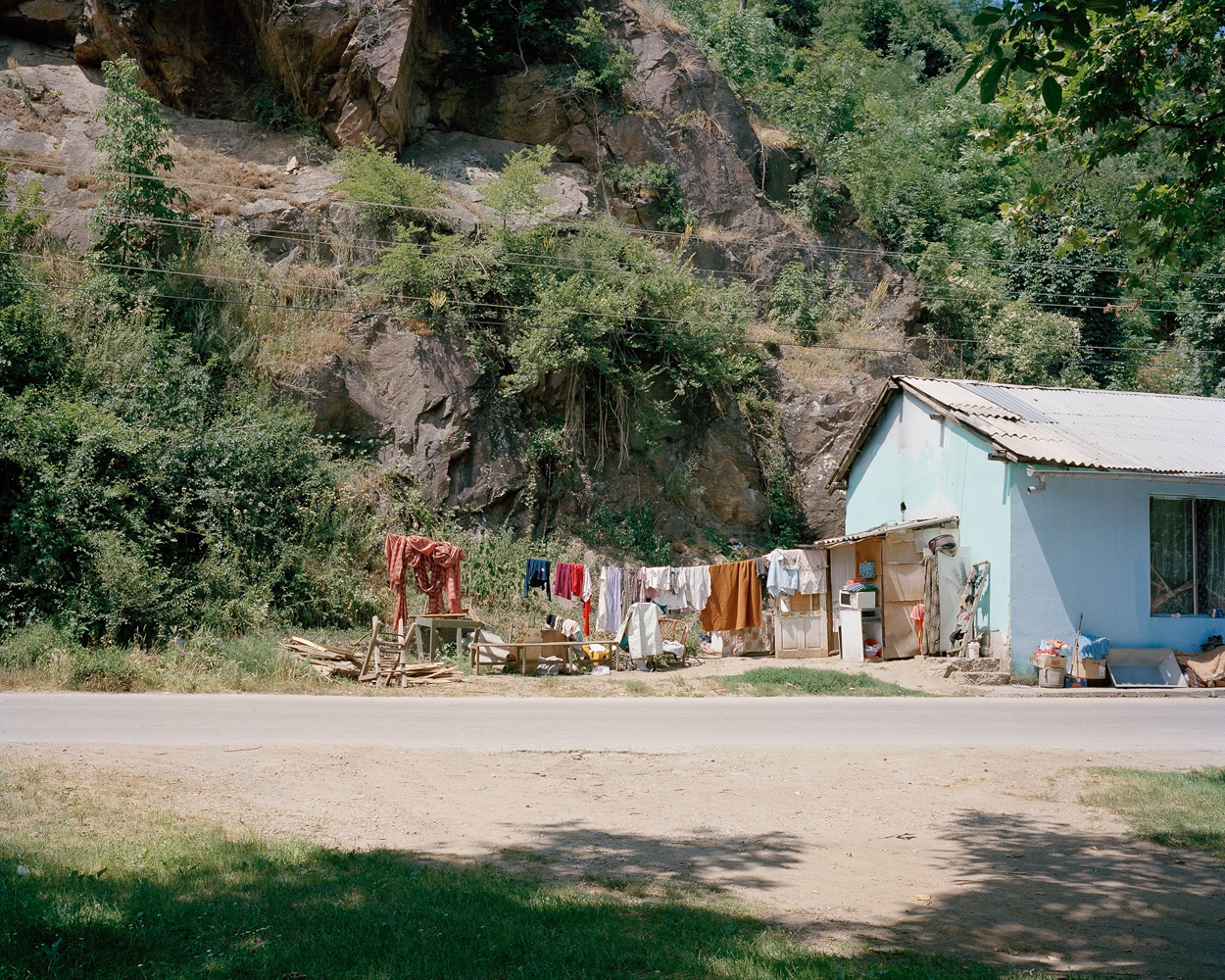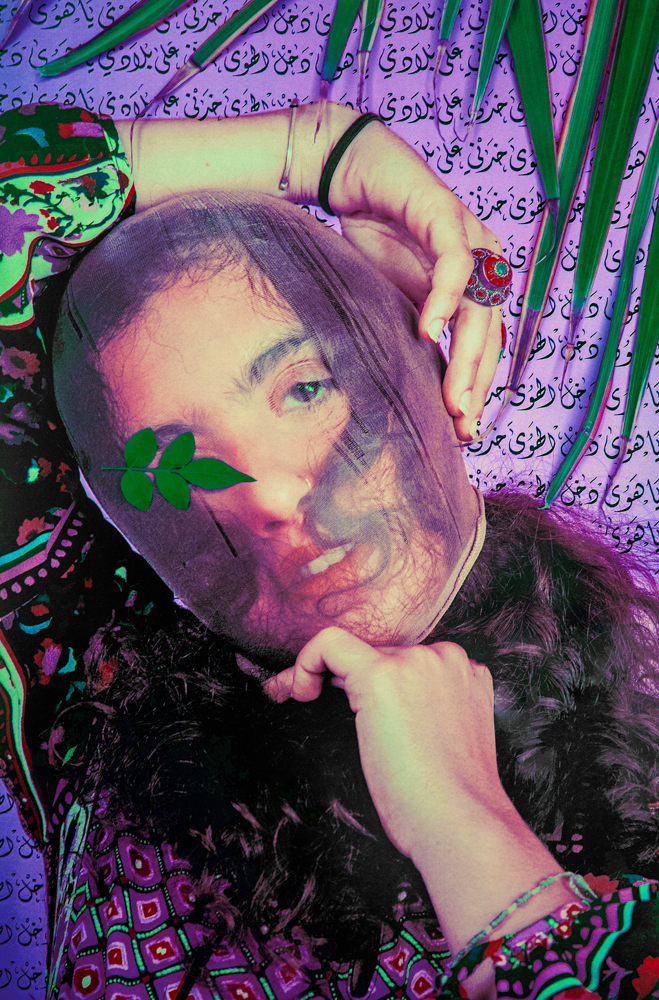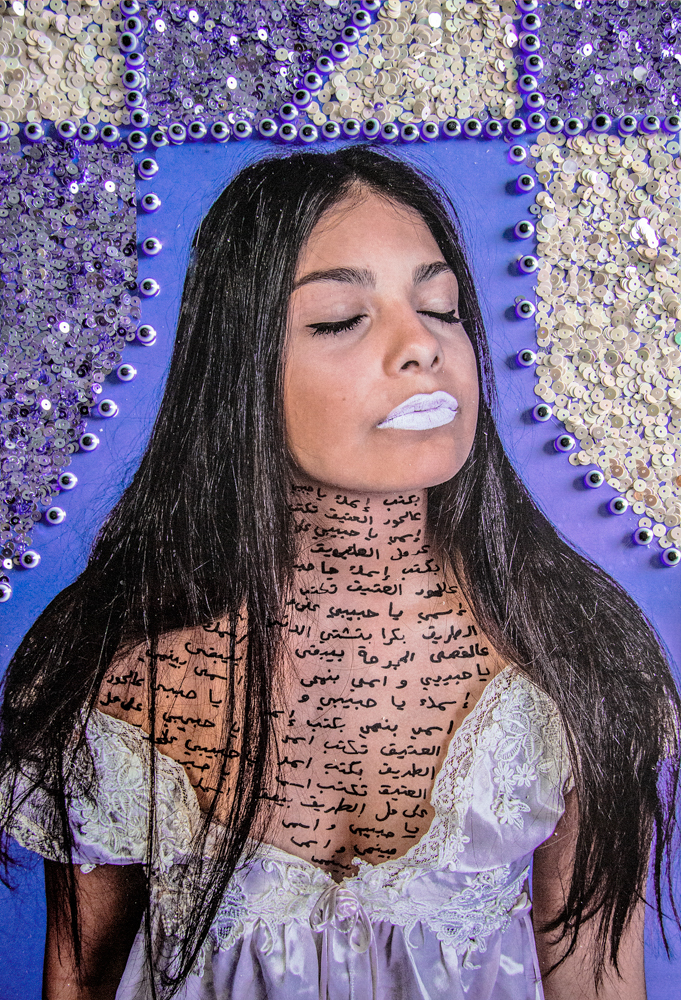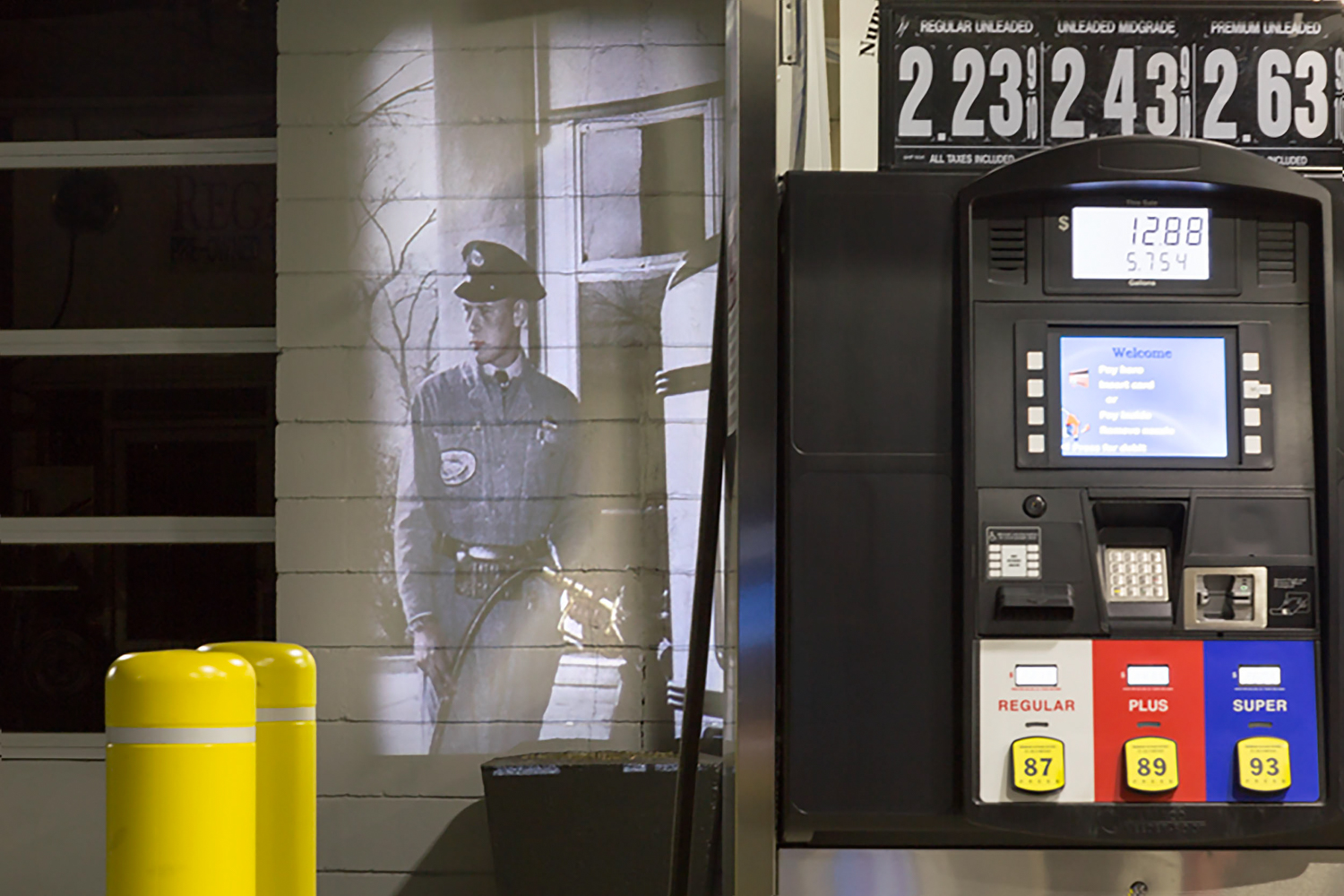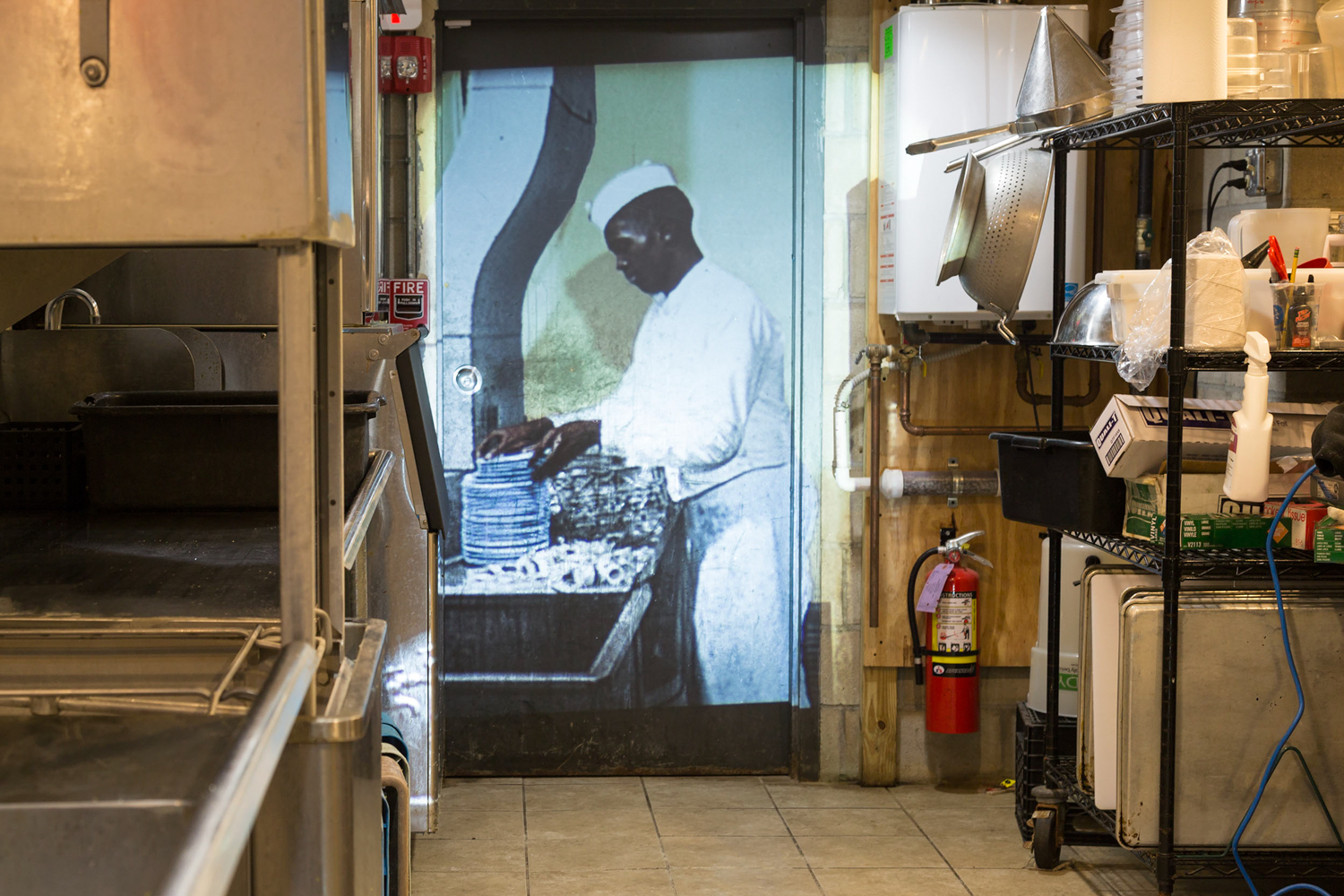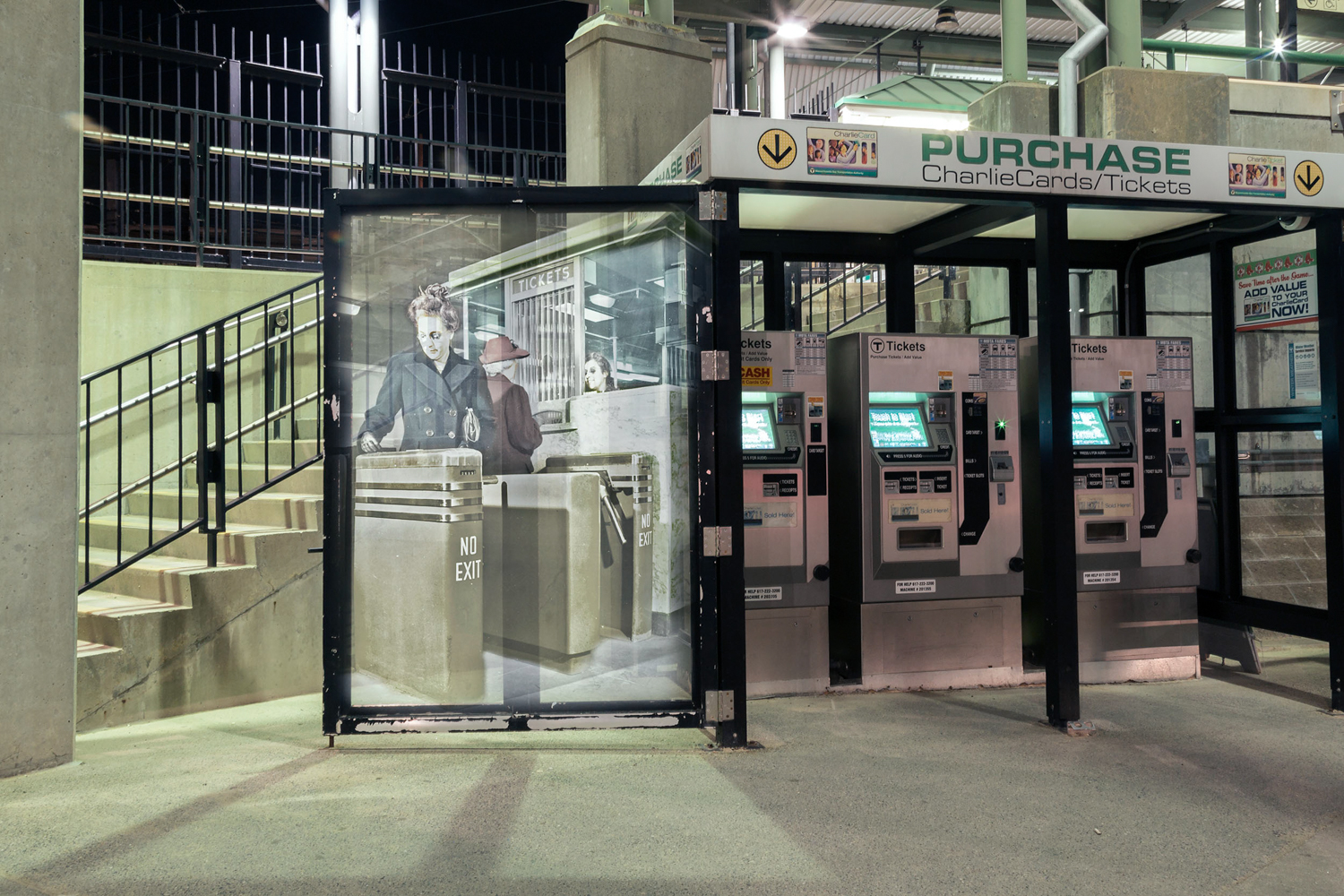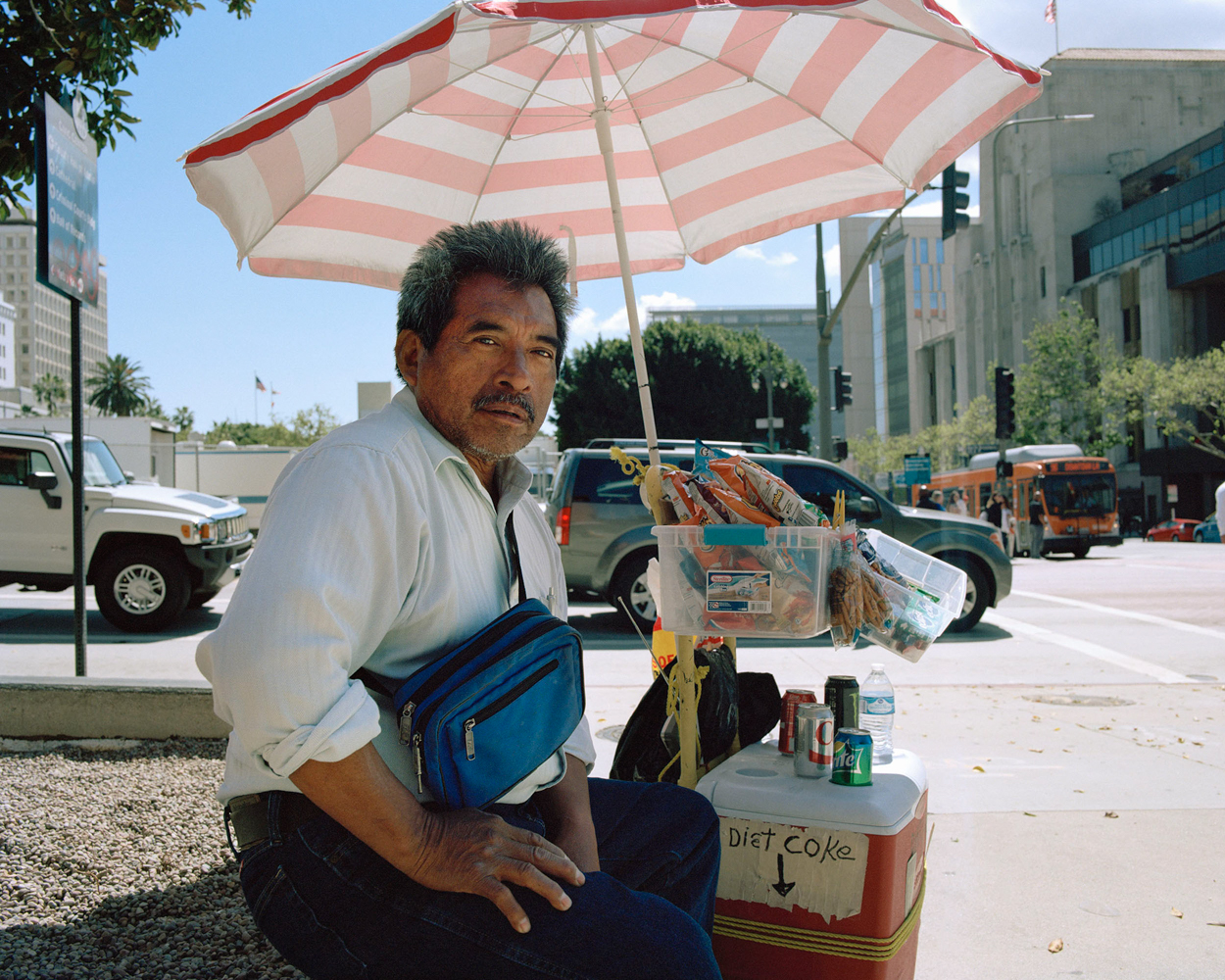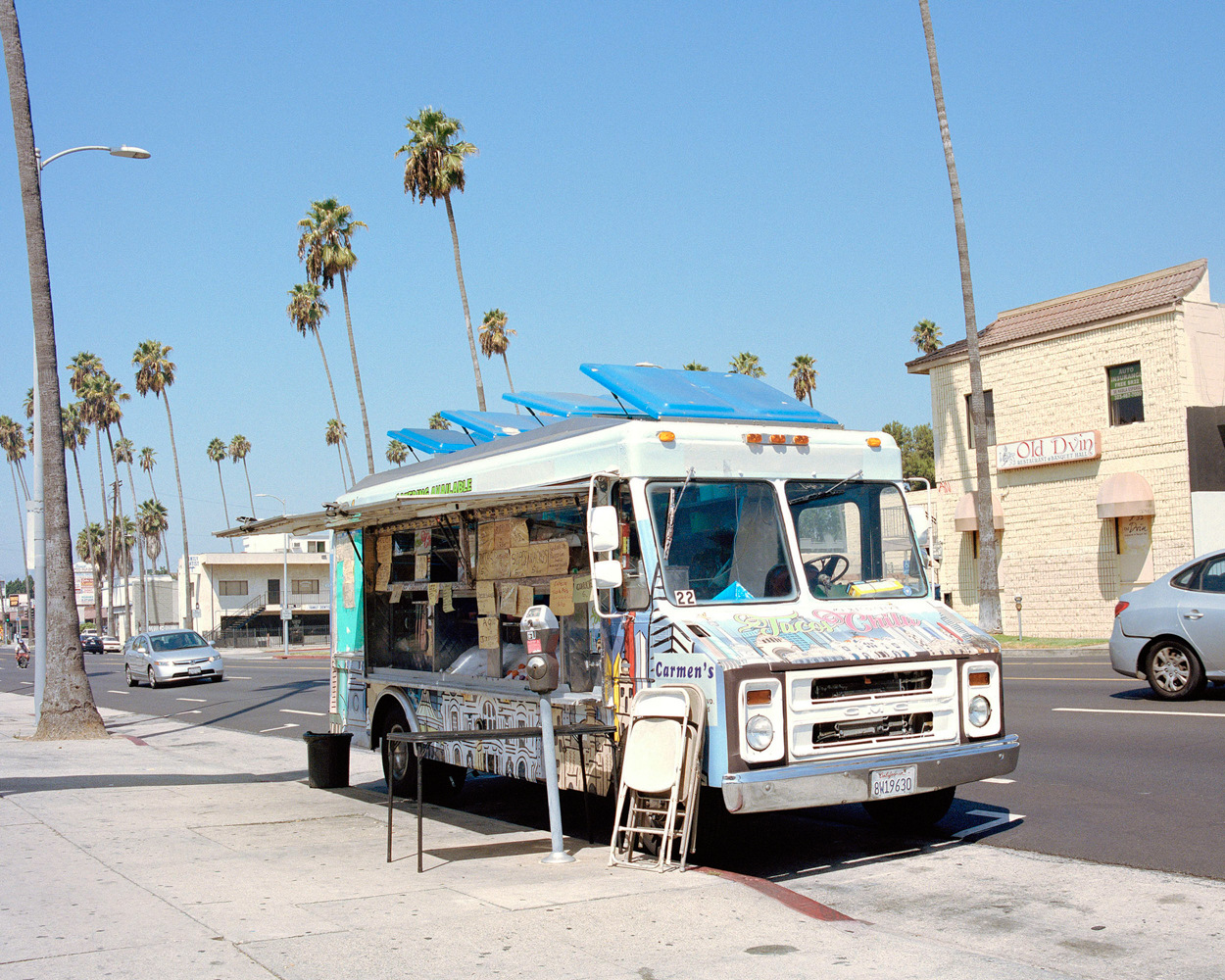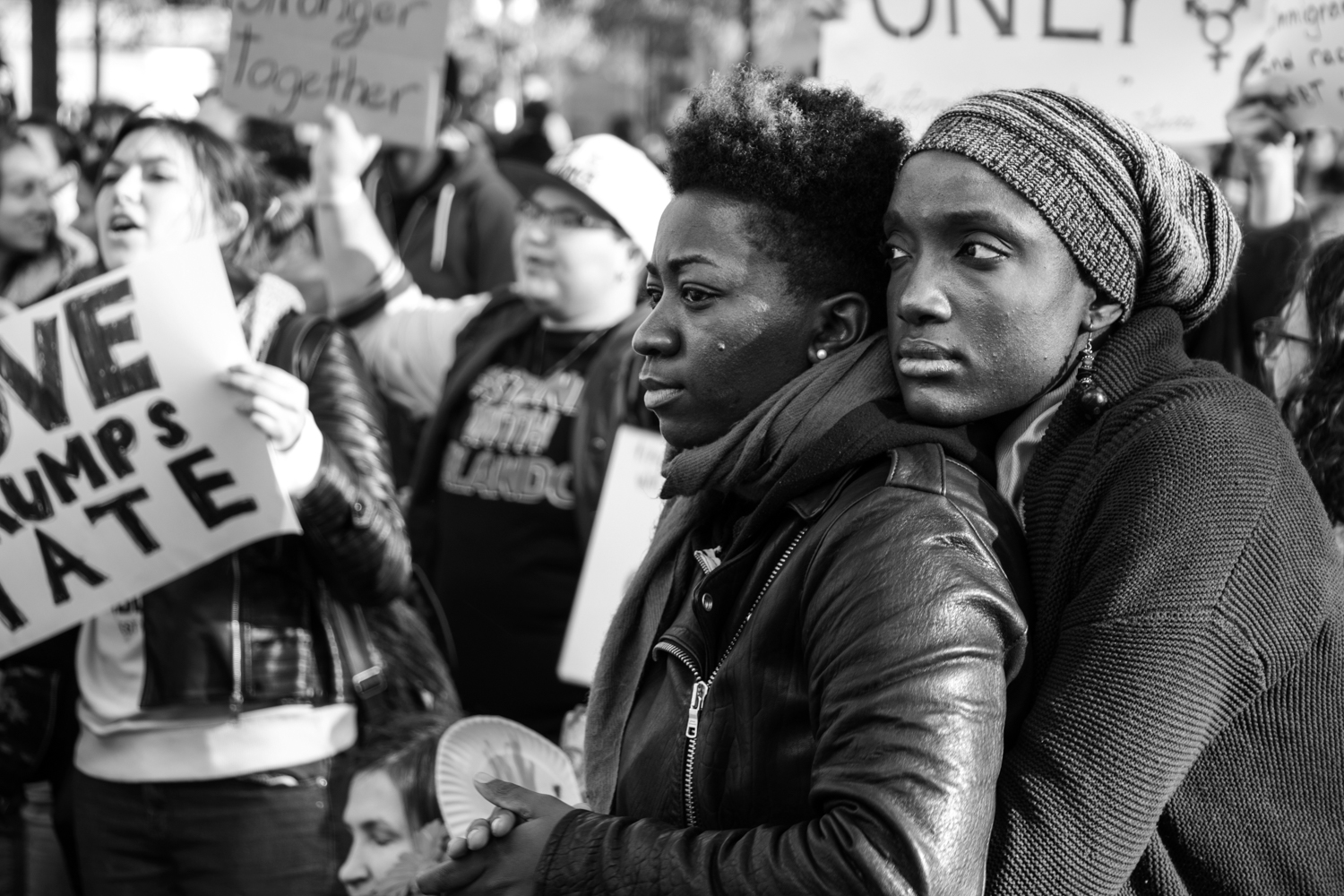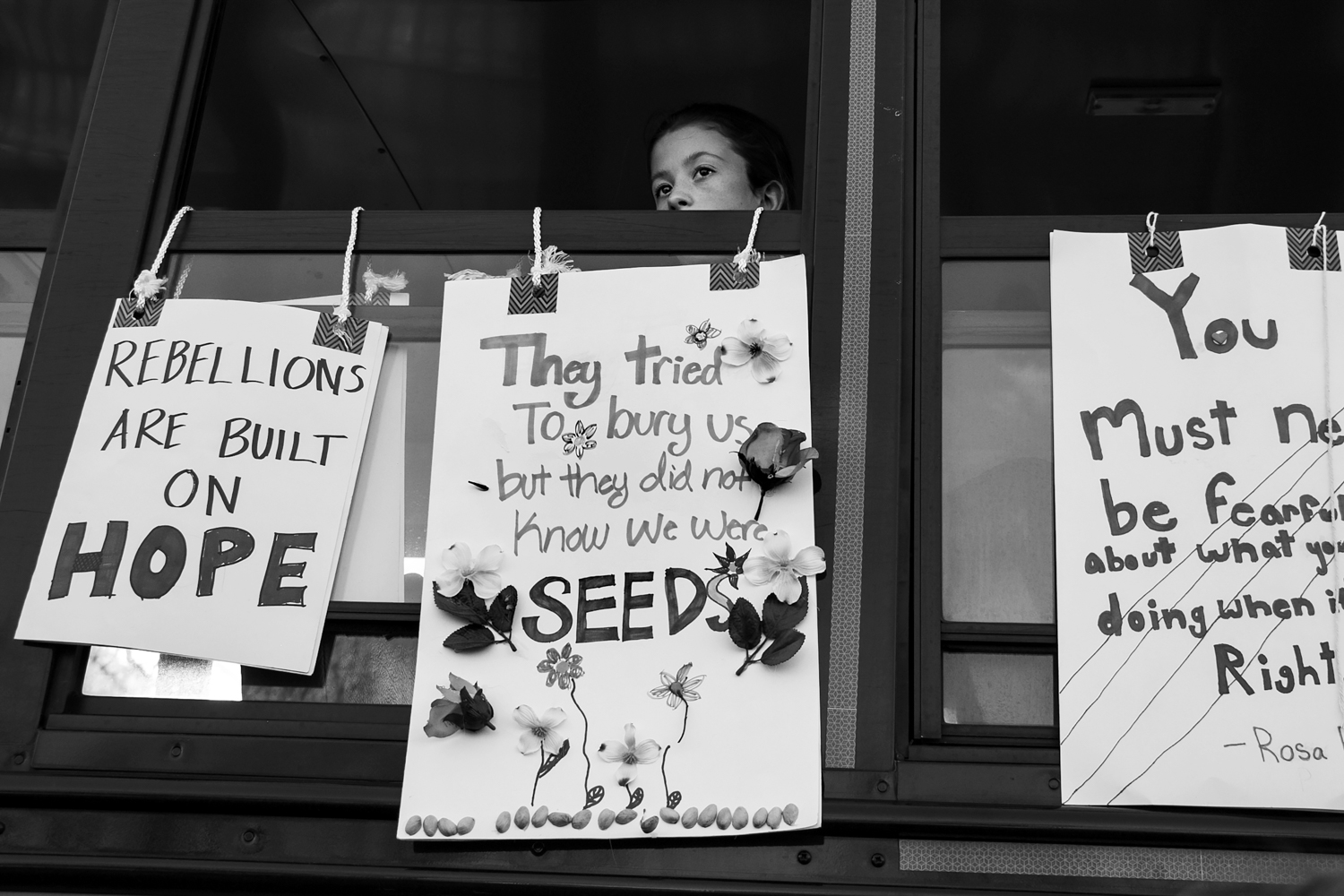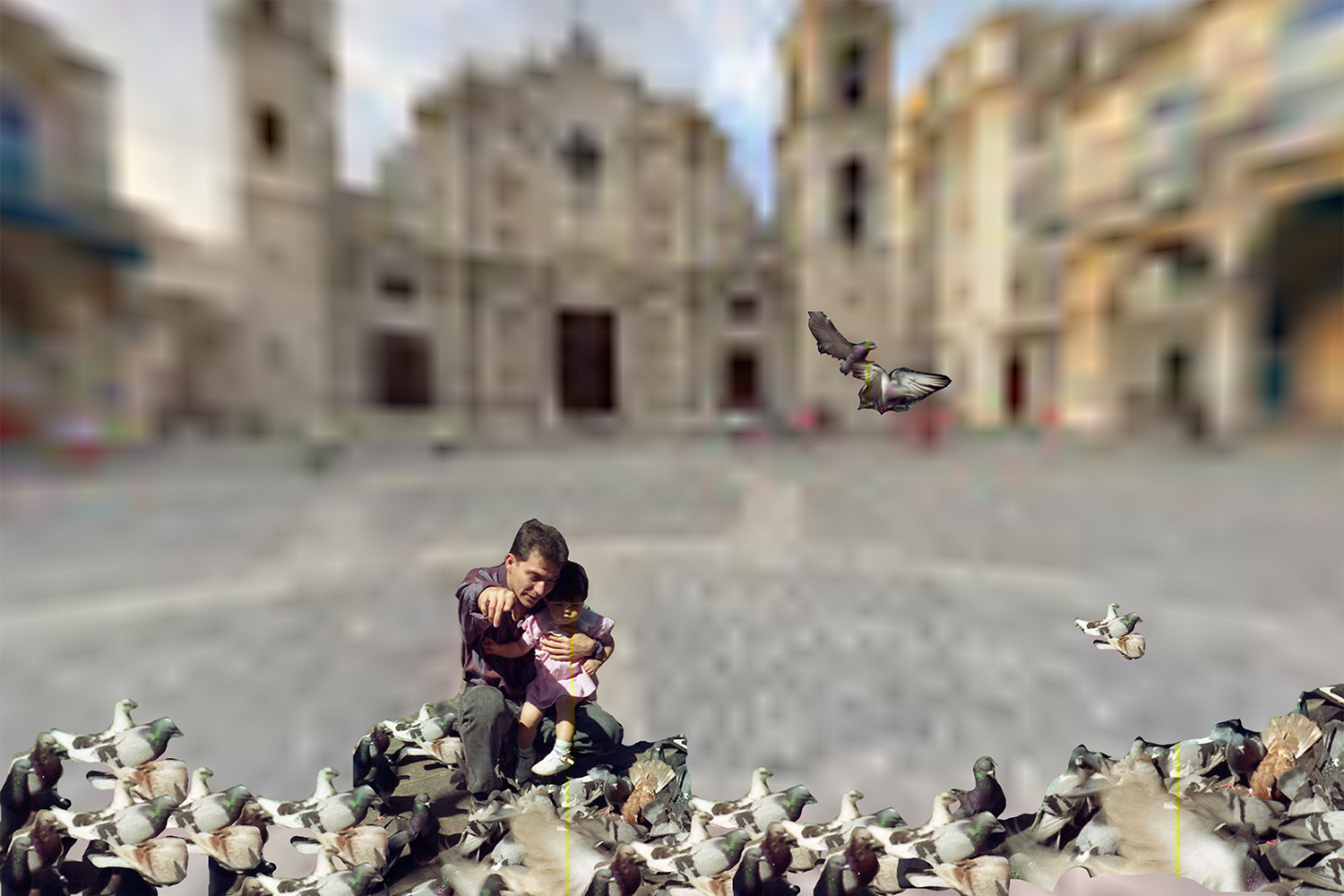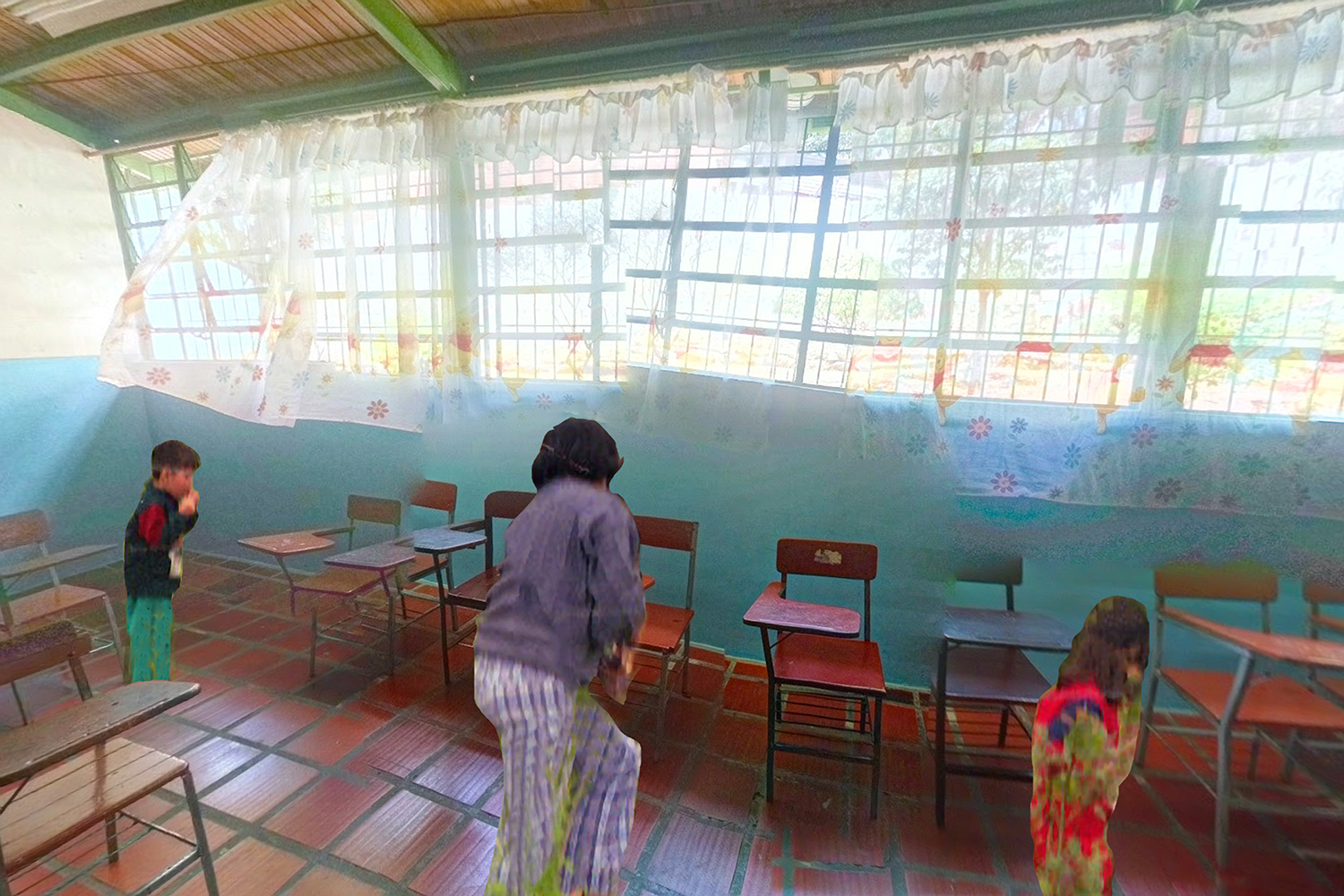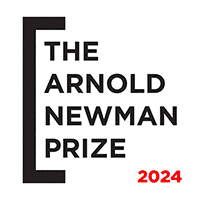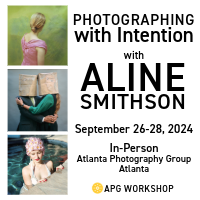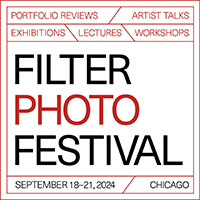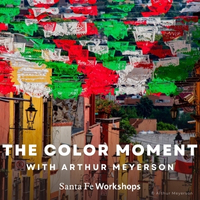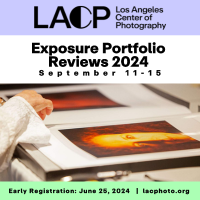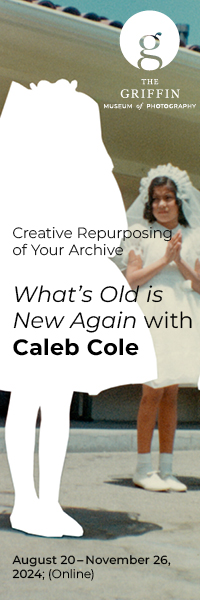For Freedoms: On Borders
For Freedoms: On Borders
Our initiative, For Freedoms, was founded by artists Hank Willis Thomas and Eric Gottesman in 2016 as a new organizational model that merges art, activism, politics, and education. Our organization is founded around Franklin D. Roosevelt’s Four Freedoms, affirming the inalienable human rights of freedom of speech, freedom of worship, freedom from want, and freedom from fear. For Freedoms seeks to rethink these freedoms in the 21st century, using art as a tool to engage in critical and complex ideas, enabling citizens to have a greater understanding of the American political system, and engender deeper civic participation.
Since 2016, For Freedoms has partnered with over 40 institutions and 120 artists to produce large-scale advocacy for equality, dialogue and action including Town Halls, exhibitions and installations, public programs, billboard campaigns, and artist residencies. Recently, we hosted a town hall, “The Artifice of Drawn Borders,” at MFA Boston. There our discussion centered around the essential question: How can art be used to transcend artificial borders and create dialogue among our communities? The town hall originated from the Freedom from Fear, and concurrently we showed a billboard on the MFA lawn that read “WHERE DO WE GO FROM HERE?”
For Freedoms always seeks the opportunity to reimagine the ways in which we can engage. In concurrence with our town hall at the MFA, we reached out to the student community in Boston to showcase their take on how borders impact our lives, considering ideas of place, safety, and identity. These conversations can be the impetus to “awaken [us] from the illusion of our separateness,” as MassArt professor and Boston-based artist Steve Locke stated at our event.
In collaboration with Lenscratch founder Aline Smithson and Greer Muldowney, curator for the Massachussetts States Project, we present six Boston-area students whose work offers distinct and sharp interpretations of what happens at the intersection of identity and drawn borders, whether geographical, ideological, or personal.
Gordon Feng
Over the course of several years, Gordon Feng has photographed members of the LGBTQ community as well as the interior and exterior environments surrounding their lives. Most recently, Feng’s interest in this subject found roots overseas in the former Yugoslav nation of Serbia photographing discreet men.
In his artist’s statement, Feng writes that LGBTQ rights and the orthodox Balkan Serbian national identity are more connected than it appears—in seeking membership in the EU, Serbia is relaxing its stance on homosexuality in an attempt to improve its human rights record, much to the chagrin of conservative Balkan generations. Feng used internet forums and social networking sites to find these men. This search is as important as the work itself, an investigative act that has to, via trust, cross pre-existing borders in order to reveal them. Feng notes the work carries ethical concerns when revealing the individual identities of these men, but also brings forth social and political concerns that may otherwise remain completely hidden. “These issues are not limited by geographic bounds or borders,” Feng asserts, “but instead are universal and present (or hidden) in every city, community, and country.”
Gordon Feng (b. 1996, Winnipeg, MB) is a photographer currently studying at Massachusetts College of Art and Design. His work has been shown and exhibited in galleries and museums such as Lesley University’s VanDernoot Gallery (Cambridge, MA), the Distillery Gallery (Boston, MA), the Griffin Museum of Photography (Winchester, MA), and the Institute of Contemporary Art/Boston (Boston, MA). His work can be found at www.gordonfeng.com and on instagram @gordonfeng.
Yasmina Hilal
This series of images is a representation of what Yasmina Hilal imagines her home would be, a mere idea of freedom and a safe space. “In 2006, my country Lebanon had been stricken with war and political turmoil,” Hilal recounts in her artist’s statement. “I was just 9 years old when my parents said that we had to flee our house and go up to the mountains away from the city. I would wake up to the sight of bombs and missiles from afar. We would watch the news and see people dying. It was hard not to do anything about it even though it pained me to see it.”
This was a formative time for Hilal’s family, and they grew very close as they fled to the mountains. She recalled her father playing Fairuz, one of the most admired living singers in the Arab World. Fairuz, Hilal said, was her voice of hope when she needed it the most. Fairuz became the backdrop for Hilal’s series of mixed media artwork that include the song’s Arabic lyrics, songs that talk about love, home, freedom and hope. “Her songs always seem to inspire me and help me feel the emotion that I want to create.” Hilal said. “Through art, photography, and music, my vision is to raise awareness about the social injustice and underrepresented issues that occur around the Middle East.”
Born and raised in Lebanon, Yasmina Hilal is a senior Visual Arts Major at Emerson College with a concentration in Experimental Film and a Minor in Photography. She aims to raise awareness on Social Injustice through different mediums of Art. Her work can be found at www.yasminahilal.com and on instagram @yazzz.jpg.
Kristen Powell
Kristen Powell’s “Shadow Workers” series experiments with appropriated archives of labor force positions now obsolete in nature. Powell superimposes anonymous characters onto architectural spaces where they once existed and worked. According to Powell, her photographic process plays with visual perception through conjuring an illusion of compressed time. Shadow Workers invokes the worker that once was, their semblance projected next to the machines that have been evolved to replace them. Invisible labor and automated labor are revealed through constructed images that still rely on the documentary image. The rumination on ideological borders is two-fold, propelling the viewer to question both the relationships between themselves and machines, and the distinct separation of periods of time before and after this replacement.
Kristen Powell is a photographic artist working in Boston, Massachusetts. In May of 2016 she received a Bachelor of Fine Arts in Photography with a Minor in Art History from the Lesley University College of Art and Design (formerly the Art Institute of Boston). Kristen’s work has been a part of group shows exhibited at the Cambridge Art Association in Cambridge, MA along with Laconia Gallery and the Piano Craft Gallery located in Boston, MA. In 2015, her photography was exhibited in Carroll and Son’s Art Gallery at SoWa, one of Boston’s leading art destinations. During Spring of 2016, she was selected to be a part of an annual art publication Taking In: The Best of Undergraduate Photography. Among the class of 2018, Kristen is currently a Master of Fine Arts candidate at the School of the Museum of Fine Arts Boston at Tufts University. You can find her work at www.kpowellphoto.com.
Daniel Corral
“One of the hardest working communities I know spend their days attempting to earn a livable wage by wandering the streets of Los Angeles in order to sell delicious food like homemade tamales and tacos,” Daniel Corral says in his statement for Los Vendedores. A series that “showcases the spirit of this determined workforce,” Los Vendedores depicts street vendors in LA, one of the only major cities in the US that still has laws against street vending that make the practice illegal.
Corral writes that in today’s political climate, rhetoric and policies against immigrant communities have caused many to stand in opposition to bills and executive orders that directly impact their lives. As a son to immigrant parents himself, Corral seeks to capture portraits of immigrant street vendors, a culture and community who risk their lives to provide an invaluable service to suburban neighborhoods and families. Knowing that the services they provide assure their financial stability, Corral illuminates how street vending preserves cultural representation, which often occurs through food. Even more, these vendors risk imprisonment and some face deportation for preparing and selling food in the streets in order to provide for their families. “These vendors leave me with the impression of entrepreneurship,” Corral said. “I admire those individuals who have wandered tirelessly for hours just to serve the best tasting tacos this side of the border. They are reaching for the American Dream.”
Daniel Corral is a first-generation American, born from Mexican immigrant parents, in Los Angeles, California. Corral has been studying photography since 2011 when he enrolled into his first Black and White Photography course at College Of The Canyons. Corral is the first member of my family to attend college with plans to achieve my Masters of Fine Arts in Photography. He moved to Boston in 2015 to attend the School of the Museum of Fine Arts at Tufts, working towards completing his BFA in Spring 2018. Currently, Corral is enrolled in the Senior Thesis Program at SMFA. He travels back and forth from LA and Boston between semesters.
Eva Vidan
Eva Vidan’s photographs from Boston protests on November 11, 2016 and January 21, 2017 illustrate love and power in acts of resistance. Between the #BlackLivesMatter movement and the Women’s March, Vidan writes that her images focus on the “nuanced moments of intimacy,” a moment of observation Vidan hopes gives voice to people confronting systemic issues.
“When you walk into a protest, everything is amplified,” Vidan begins in her poetic statement. “The pulsing of a drumbeat, the clapping of raw hands, the deliberation in each step—and then there is the voice. The assertive tone of one unified chant overpowers every vibration of the city until the only truly audible sound is drawing people in, an instantaneous magnet for any bystander who believes in human rights. But this declaration of justice isn’t just a series of chants; it’s also a conversation. And it’s clear who is there to listen, and who is not.”
Eva Vidan is a graphic design and photography undergraduate at Boston University. She has interned with Croatian graphic designer Boris Ljubicic, exhibited her photography in one of the leading photo galleries in Croatia, Fotoklub Split. Vidan recently won first place in the BU Global Programs Photo Contest and participated in Flashpoint’s Boston Portfolio Review and Undergraduate Photo Walk at Gallery Kayafas, Boston. In addition to her photography, Vidan has worked as a research assistant for Harvard University’s Milman Parry Collection since 2015, and has designed graphic materials for three short films, two of which were featured at major international film festivals. Last spring she spent a semester studying design in Venice, Italy, and is now working as a graphic design intern at the MIT List Visual Arts Center in Cambridge, Massachusetts. More of Vidan’s work can be found on her website, www.evavidan.com and on Instagram @evavidan.
Rafaela Acero Pinzon
Three years after leaving Colombia, Rafaela Acero felt dislocated. In response, she found herself trying to reconnect through family photographs and Google Maps in her series South of South. She would go on Street View to find places where she used to feel at home, but as she said in her statement, she would get lost in the streets she used to know so well. Almost as if they were imagined, the places felt as if from a country she had never been to, a part of someone else’s memories rather than her own.
By collaging the images taken with Google Street view and images from her family archive, Acero says she is trying to explore our relationship to memories and place, and how that relationship is irrevocably mediated by technology. Additionally, she writes, South of South blurs the lines between family photographs and the detached and inaccessible spaces of Google Street View, leaving the viewer with a lingering feeling of fading memories and rapid change.
Rafaela Acero was born and raised in Colombia. She moved to the United States in 2013 and started attending school in Boston to pursue a degree in photography. Her work currently varies in subjects such as individual and cultural identity, the psychological effects of immigration, portraiture and explorations about the body. She currently lives in Boston and is attending Lesley University College of Art and Design and will be receiving her BFA in Photography in 2018. Her work can be found at www.rafaelaacero.com and on Instagram @rafaela.acero.
Evan Walsh is a 22 year-old narrative documentary photographer originally from the suburbs of Philadelphia, Pennsylvania. In May 2017, he graduated with an interdisciplinary degree from Emerson College in Creative Nonfiction, Photography, and Publishing.
Evan’s photographic work melds deadpan and environmental portrait styles in order to comment on the construction of masculinity. Mythologies of male intimacy and touch inform his photographic and his nonfiction-writing work, both of which examine the seemingly ubiquitous and invisible barriers between men. Combining performative and intimate life portraits with nostalgic landscapes, his work strives to show men as they really are—lost amongst themselves, yearning for family, and desperate for connection.
Evan has been published in Entertainment Weekly and Out Magazine, on book covers for New York Times best-selling author David Levithan and for the creative director of The Hunger Games. In 2016, his photo thesis Paragons was chosen for the Boston Photo Resource student exhibition, and was one of fifteen New England photography student projects chosen for the annual Boston FlashForward Festival Portfolio Review at Gallery Kayafas. In summer 2017, he interned as a teaching assistant at Anderson Ranch Arts Center in their Photography & New Media program.
Posts on Lenscratch may not be reproduced without the permission of the Lenscratch staff and the photographer.
Recommended
-
Aurora Rojas Briceño: Amalia IrmaJune 6th, 2024
-
Aurora Rojas Briceño: Amalia IrmaJune 6th, 2024
-
Healing Riverbanks: Sebastián Mejía’s Walks Along the Mapocho RiverJune 5th, 2024
-
Mournful Cuts: The Political Collages of Amanda Sotelo SilvaJune 3rd, 2024
-
Kyle Agnew | Our Cheeks Blush Amidst Prairie GrassesMay 10th, 2024

